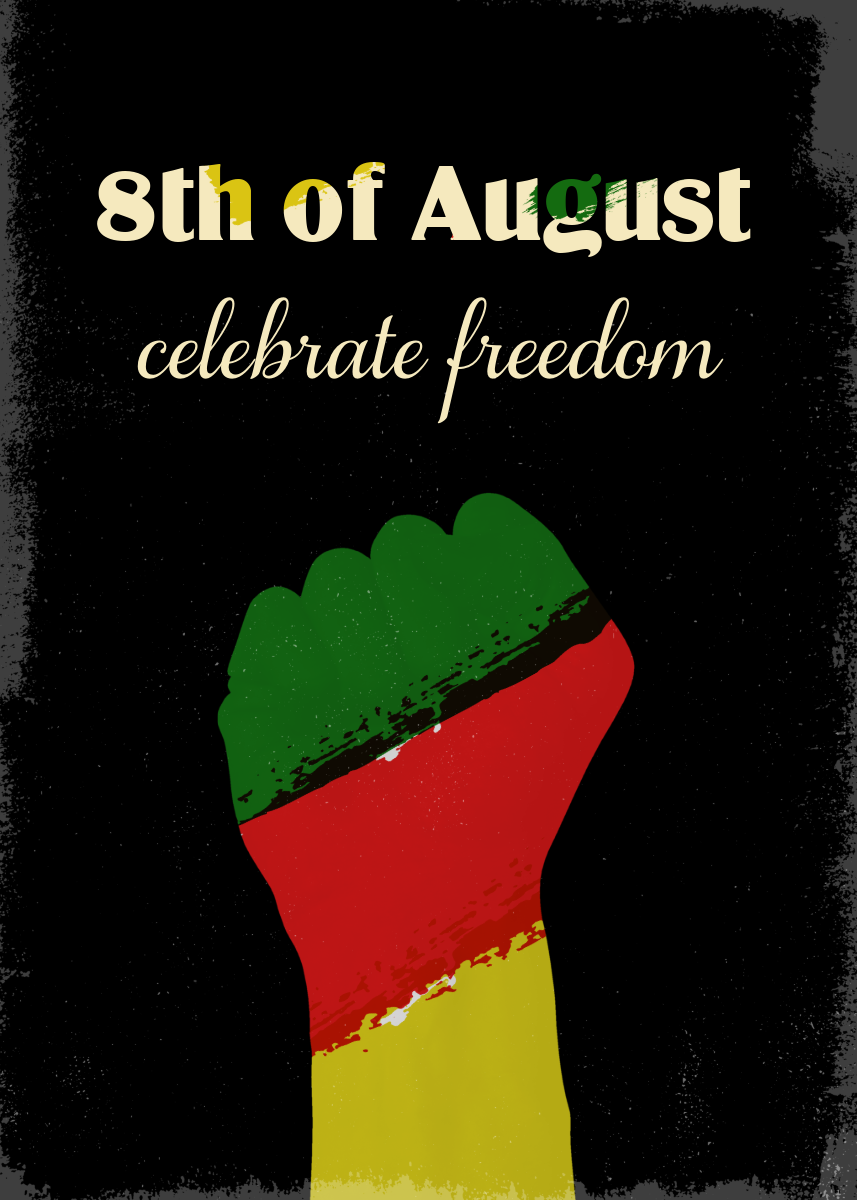8th of August is a date marked by significant historical events. In 1863, Tennessee Governor Andrew Johnson freed his enslaved people, sparking a tradition of celebrating emancipation. #8thofAugust #EmancipationDay
8th of August
The tradition of celebrating the 8th of August as a day of emancipation has its roots in Greeneville, Tennessee.

While the Emancipation Proclamation was issued on January 1, 1863, it was on August 8, 1863 that Tennessee Governor Andrew Johnson freed his own enslaved people, including many residents of Greeneville, Tennesee. This act of liberation sparked a tradition that would later spread across the nation.
President Andrew Johnson’s role in the history of emancipation is complex. While he opposed secession and supported the Union, his initial stance on slavery was aligned with many Southern Democrats. However, his views evolved during the Civil War. On August 8, 1863, a pivotal moment occurred when Johnson freed his own enslaved people in Greeneville, Tennessee. This action, while preceding the official emancipation of slaves in the state, marked a significant personal step towards abolition and contributed to the growing momentum for freedom.
Sam Johnson and the Legacy of the 8th of August
Sam Johnson, a former slave of Andrew Johnson, spearheaded the first recorded celebration of the 8th of August as Emancipation Day in Greeneville, Tennessee in 1871. Thanks to his efforts, the day evolved into a significant commemoration of freedom and progress for African Americans.
It was his leadership and determination that transformed the day from a personal commemoration to a community-wide event. Johnson organized the first procession, inviting citizens and former slaves to participate. His efforts to keep the memory of emancipation alive and to celebrate the progress made since then established the foundation for the tradition that would later spread across the nation.
A Tradition that Endures
Over the years, the 8th of August celebrations grew in size and importance, spreading beyond Tennessee to other states. While the day may not be as widely recognized as other holidays, its historical significance remains profound. It serves as a reminder of the ongoing struggle for equality and justice, and the importance of honoring the past to inform the future.
The 8th of August shares similarities with Juneteenth as both commemorate the end of slavery for African Americans. While Juneteenth celebrates the official emancipation of enslaved people in Texas on June 19, 1865, the 8th of August marks a more localized event—the freeing of slaves by Tennessee Governor Andrew Johnson in 1863. Both dates represent milestones on the path to freedom and serve as important reminders of the struggle for equality.
Check out Courageous Christian Father’s Wish list on Amazon where you can purchase and this items sent directly to him and they will be used for the ministry.
Subscribe To Courageous Christian Father!
Don’t miss any blog posts! Subscribe today! You can subscribe via WordPress or by entering your email! Thank you!
Follow Courageous Christian Father on WordPress.comFollow Courageous Christian Father on Social Media
Recent Posts:
Below are some examples of blog entries from all the blogs that I do. (Courageous Christian Father, Steve Sews Stuff, SteveZ DuckZ, and SteveZ DesignZ).
Thank You For Reading Courageous Christian Father!
Thank you for reading. Please feel free to share and like this blog post.
Clipart: Unsplash, Pixabay, Pexels, Openverse, Adobe Express, Adobe Stock, FreePik, MetroCreative, and more. This site uses Amazon Affiliate Ads & Google Ads.
About the Author
Discover more from Courageous Christian Father
Subscribe to get the latest posts sent to your email.


